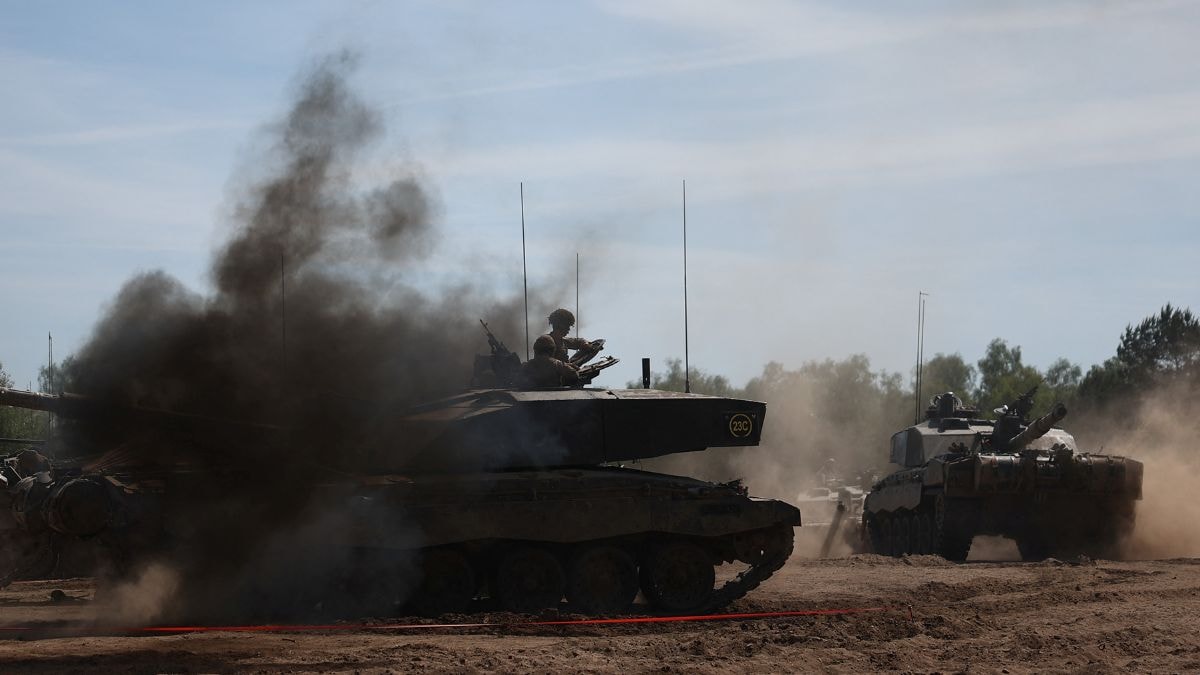Rome is unlikely to meet the requirement as it projects defence spending at 1.61% in 2027 amid 35 billion euros ($37.69 billion) already set aside through 2039, Economy Minister Giancarlo Giorgetti told a parliamentary hearing.read more
Italy has called on the European Union to back bond issuance to finance defense spending, arguing that NATO’s 2% GDP target by 2028 is in conflict with the EU’s stricter fiscal rules.
Italian Prime Minister Giorgia Meloni is concerned that increased defense commitments, a priority under Donald Trump’s renewed pressure on NATO members, will strain Italy’s budget under the EU’s fiscal constraints.
The 2% defense spending goal has been a contentious issue, with Trump emphasizing this target during his first term and now likely to push for compliance among NATO allies once again. As Italy seeks to balance these obligations, Meloni’s administration is urging EU support to prevent fiscal pressures from derailing Italy’s economic stability.
Economy Minister Giancarlo Giorgetti told a parliamentary hearing that Rome is unlikely to meet the requirement as it projects defence spending at 1.61% in 2027 amid 35 billion euros ($37.69 billion) already set aside through 2039.
”The NATO target is very ambitious and not entirely consistent with the existing framework of European governance,” he said.
During a separate hearing, Defence Minister Guido Crosetto told parliament mechanisms would probably have to be devised to allow special treatment for defence and avoid it weighing on national debt issuance.
Italy’s public debt, the second largest in the euro zone after that of Greece, is targeted at 135.8% of GDP this year, up from 134.8 in 2023, and is seen rising to 137.8% in 2026 before marginally declining from 2027.
Crosetto, a senior member of Meloni’s right-wing Brothers of Italy party, called for ”a European cover and guarantee” to cut the amount of interest paid on any increased debt to support the NATO target, thereby avoiding any impact on social spending.
”That would give each state the opportunity to make defence spending neutral, absolutely neutral,” he told a hearing in the Senate upper house.
Following Russia’s full-scale 2022 invasion of Ukraine, NATO’s European members came under pressure to boost their defence capabilities. The alliance said 23 out of the enlarged 32-strong group will reach 2% this year, but not Italy.
”Now everyone, first and foremost the U.S., France, Germany itself, is talking about 2.5%. We are far from 2% by 2028,” Crosetto said.
With inputs from agencies.
